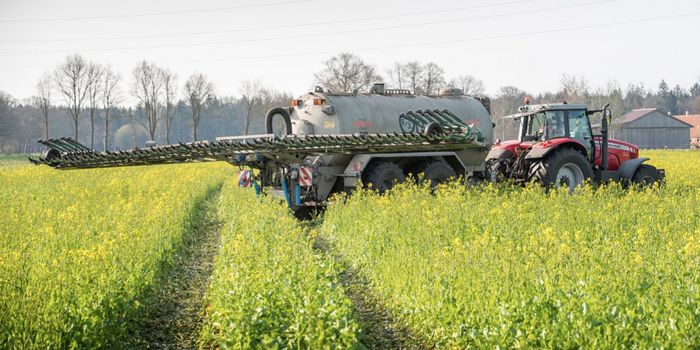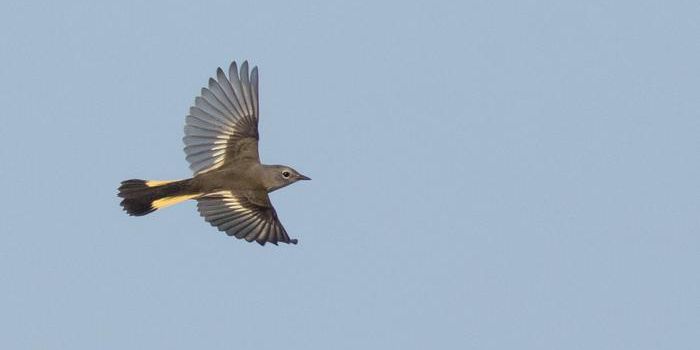Study Reveals Speciation Reversal in Common Ravens
As an animal evolves, it can sometimes fork into two separate species. Also known as speciation, this phenomenon depends significantly on the animal’s natural living environment and has repeatedly been observed throughout history.
But is it possible for the opposite to happen? According to a study published in the journal Nature Communications this week, yes. In fact, researchers from the University of Washington say they’ve witnessed speciation reversal while studying common ravens found throughout the United States.
Image Credit: Pixabay
Speciation reversal is a natural evolutionary process, and it's probably happened in hundreds or almost certainly thousands of lineages all over the planet," elucidated study co-author Kevin Omland, a professor of biological sciences at University of Maryland, Baltimore County.
Data collection for this study began nearly two decades ago, but it showed how two different lineages of the common raven – California and Holarctic – are slowly consolidating after one to two million years of diverging.
"The extensive genetic data reveals one of the best-supported examples of speciation reversal of deeply diverged lineages to date," added study co-author Arild Johnsen, a professor of zoology and evolutionary biology at University of Oslo. "The biggest thing is the degree to which we've caught them in the act."
Related: Are hunters making birds smarter?
Speciation reversal could be more widespread than we realize, and this realization in and of itself has implications for how we conserve wildlife, among other things. Furthermore, it raises fascinating questions about humankinds’ own evolutionary road.
"Because speciation reversal is a big part of our own history, getting a better understanding of how that happens should give us a better sense of who we are and where we came from," Omland continued. "These are existential questions, but they are also medically relevant as well."
Related: Some birds sleep while flying, study confirms
The study raises a multitude of questions concerning animal evolution, and additional studies could uncover more details. The researchers hope to learn whether humans have had any direct impact on common ravens’ speciation reversal and what other kinds of animals may be impacted by this process.
It should be interesting to see what they find…
Source: University of Washington









